How we make decisions for MAC Scheme benefits
What the MAC Scheme considers when making funding decisions:
The MAC Scheme will consider your need for treatment, care and other supports and decide whether it is ‘necessary and reasonable’ for your injuries, recovery and other personal circumstances.
In making decisions about what is necessary and reasonable, TIO MAC is guided by regulation 4D of the
Motor Accidents (Compensation) Regulations
1984
which
is summarised
below:
How the injury relates to your motor vehicle accident. For example, if you need some medical treatment is it directly related to the injuries you sustained in the motor vehicle accident, was it a pre-existing condition or something that has happened since your accident?
How it will help you
The treatment or service will help your recovery and with your goals for function and participation in daily life.
Appropriateness of the treatment or service
Whether the treatment or service is right for your injury and relates to your recovery plan. For example, is there evidence that this is the most effective treatment or are there alternatives that should be considered? How long will the treatment or service need to be provided? Are the goals and time frames reasonable?
The Clinical-Framework-for-the-Delivery-of-Health-Services.pdf (nt.gov.au) provides the principles and guidelines to health providers for the most effective care for your condition.
Quality of the service provider
You can choose your treatment service providers, they can be your family provider, someone you have used before, or someone new that is close to your home.
Think about whether the service provider is right for you. Are they a qualified health professional experienced in your type of injury? Are they easily accessible to you?
Medical treatment providers must be registered with the Australian Health Practitioner Regulation Authority (AHPRA) or the relevant state or national regulator.
Cost effectiveness
Considerations include whether the service is the most cost-effective option to meet your needs. Are there other more cost-effective options that could achieve comparable outcomes? For example, could a specialised piece of assistive technology reduce the need for attendant care?

